Trisha Noble: The Blonde Australian Icon Who Lit Up the 1960s with Songs and Screens
Who remembers the blonde beauty with mischievous eyes and endless legs? The woman who could sing with the fire of youth, act with grace, and light up a room with just one smile? That unforgettable star is Trisha Noble. From teen pop sensation to Hollywood actress, her journey is one of constant reinvention, determination, and undeniable charm. Let’s take a closer look at her dazzling career and the legacy she left behind.

Early Life: Born Into a World of Showbiz
Trisha Noble, born Patricia Ann Ruth Noble on February 3, 1944, grew up in Sydney, Australia. Entertainment ran in her blood—her father, Buster Noble, was a comedian and singer who entertained troops during World War II, while her mother, Helen De Paul, performed as a Tivoli circuit entertainer. Surrounded by talent and stage lights, Trisha’s path seemed destined for performance.
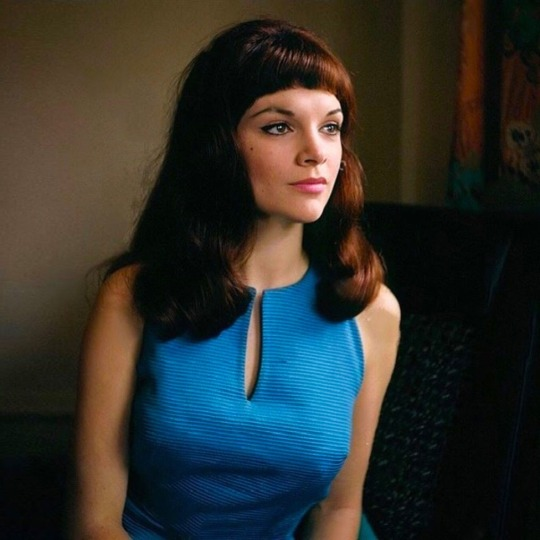
Even as a little girl, she followed her parents on tour, absorbing the magic of stage life. By the time she was a teenager, she was already showing signs of becoming a multi-talented artist. At fourteen, she had qualified as a ballet teacher, and not long after, she was performing on television shows and singing her way into the hearts of Australian audiences.
Video : PATSY ANN NOBLE – Tout Ce Que Je Souhaite (Accidents Will Happen) French Version Vidéo T.V Clip.
From Patsy Ann Noble to Pop Princess
Before the world knew her as Trisha, she was Patsy Ann Noble—a teen starlet who broke onto the music scene with a powerful voice and striking presence. Signed to HMV Records, she released her first single in 1960, and by 1961, she had her breakout hit, Good Looking Boy. The song shot up the charts, earning her the Best Female Singer Logie Award that same year.

Other hits followed—Busy Lips, Sour Grapes, and He Who Rides a Tiger. Each track carried the lively, innocent-yet-sassy energy of the early 1960s. Patsy Ann Noble wasn’t just another singer; she was a cultural spark in Australia’s growing music scene, standing alongside international acts of the time.
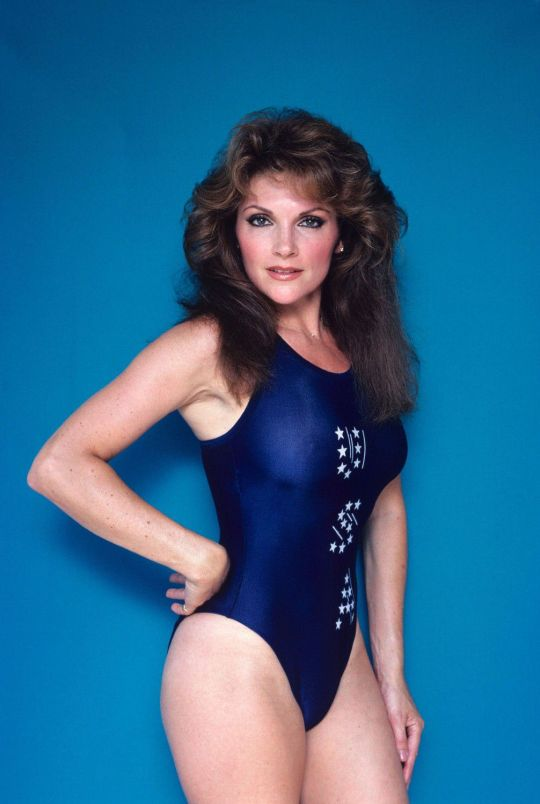
Her move to the UK in 1963 expanded her career further, placing her in the mix with the likes of The Beatles and other rising stars. She released albums that showcased her vocal range, blending playful pop with sophisticated ballads. For a while, it seemed Patsy Ann Noble had the world at her feet.
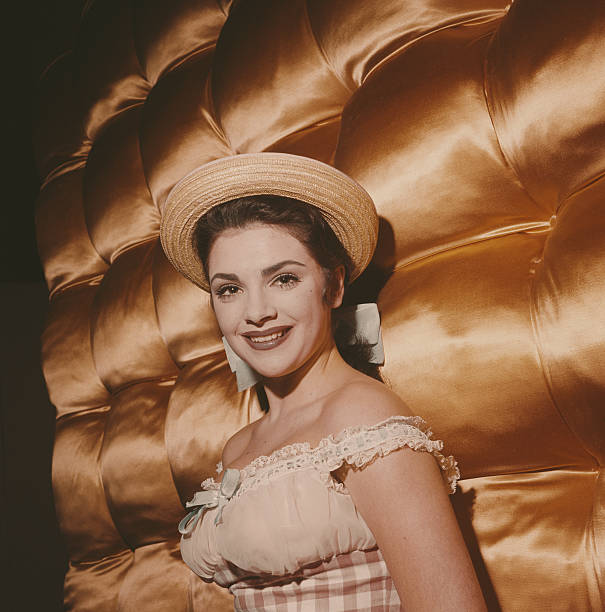
The Big Switch: From Music to Acting
By the mid-1960s, Trisha felt the pull of a new challenge. She transitioned from music to acting, dropping the stage name “Patsy Ann” and embracing her birth name—Trisha Noble. This was no small leap; it marked her reinvention from teen pop singer to serious actress.

Her film debut came with The Snowball (1965), but soon she found herself in a variety of roles that allowed her to show range—thrillers like Death Is a Woman (1966), cheeky comedies like Carry On Camping (1969), and appearances in British TV series such as Callan and Danger Man.
Her magnetic presence caught attention quickly. Whether she played a femme fatale, a comedic mistress, or a dramatic heroine, Trisha had the ability to hold the screen in ways few could.
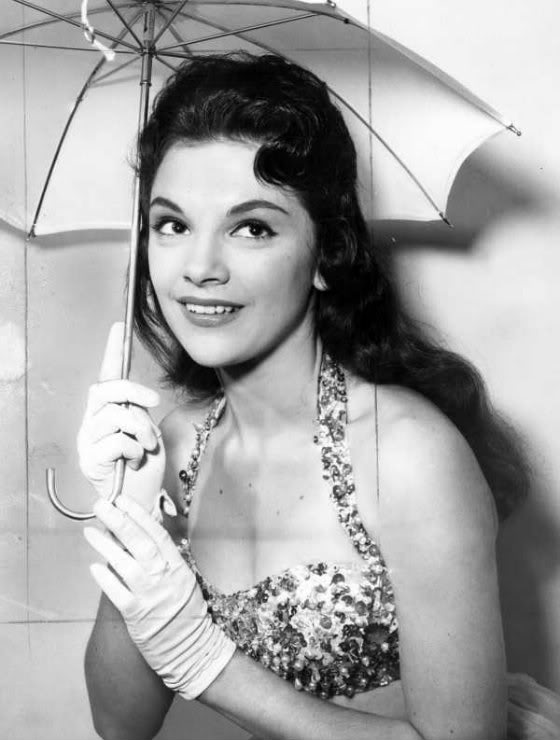
Hollywood Years: Taking On America
In the 1970s, Trisha Noble took another bold step—she headed for the United States. The transition was tough, but she quickly landed roles in some of the most popular TV series of the decade.
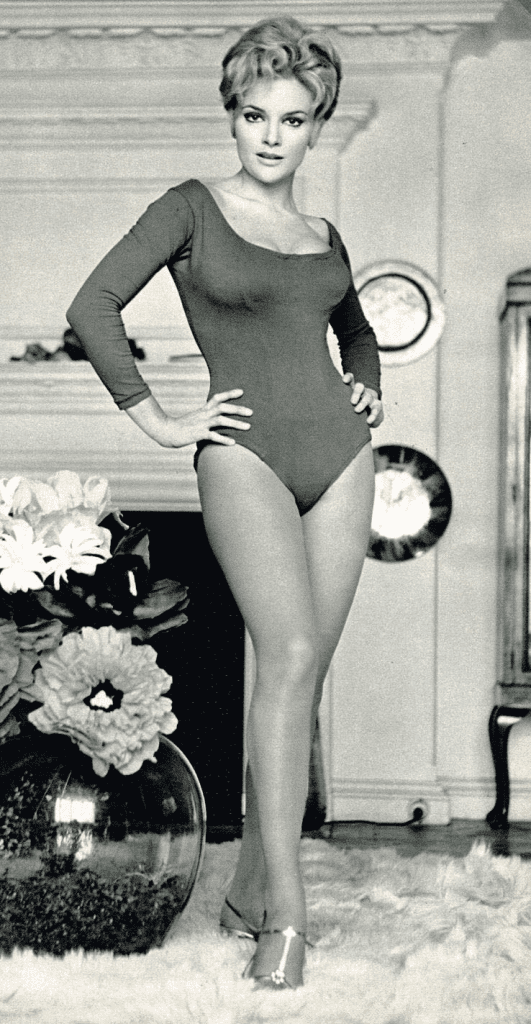
She guest-starred on The Mary Tyler Moore Show, Columbo, Baretta, and The Rockford Files. Her standout roles came in Executive Suite (1976–1977), where she played Yvonne Holland, and Strike Force (1981–1982) as Detective Rosie Johnson. These parts solidified her status as not just a guest star, but a reliable leading lady with both charisma and talent.
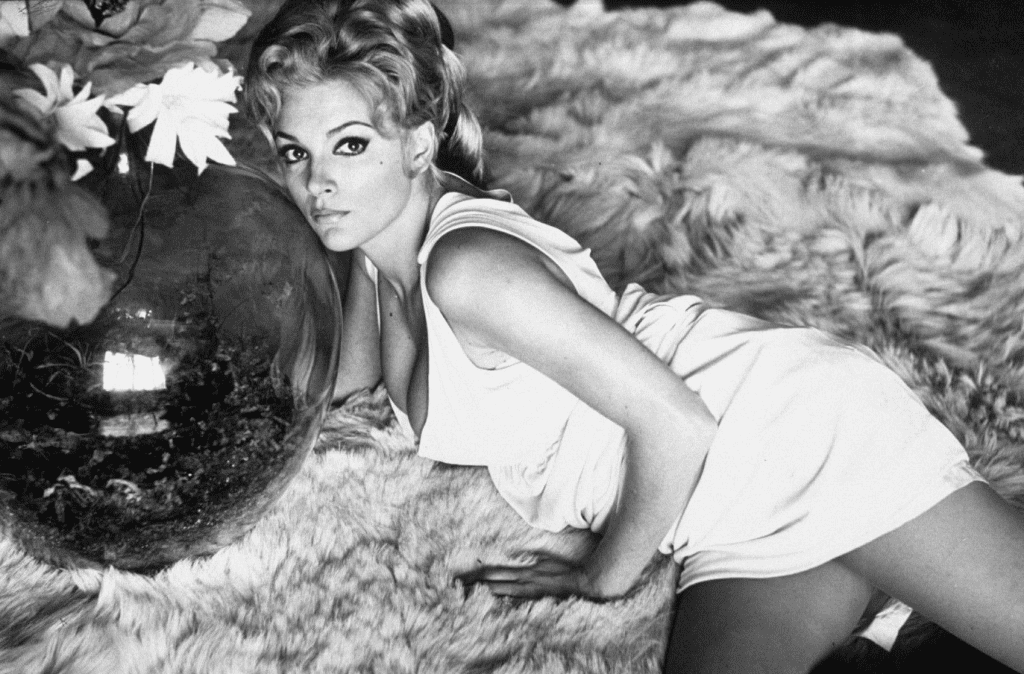
Trisha also brought her talents to comedy films such as The Private Eyes (1980), proving her versatility once again. By this stage, she had shed the teen pop image entirely—Trisha Noble was now a respected actress with a career spanning continents.
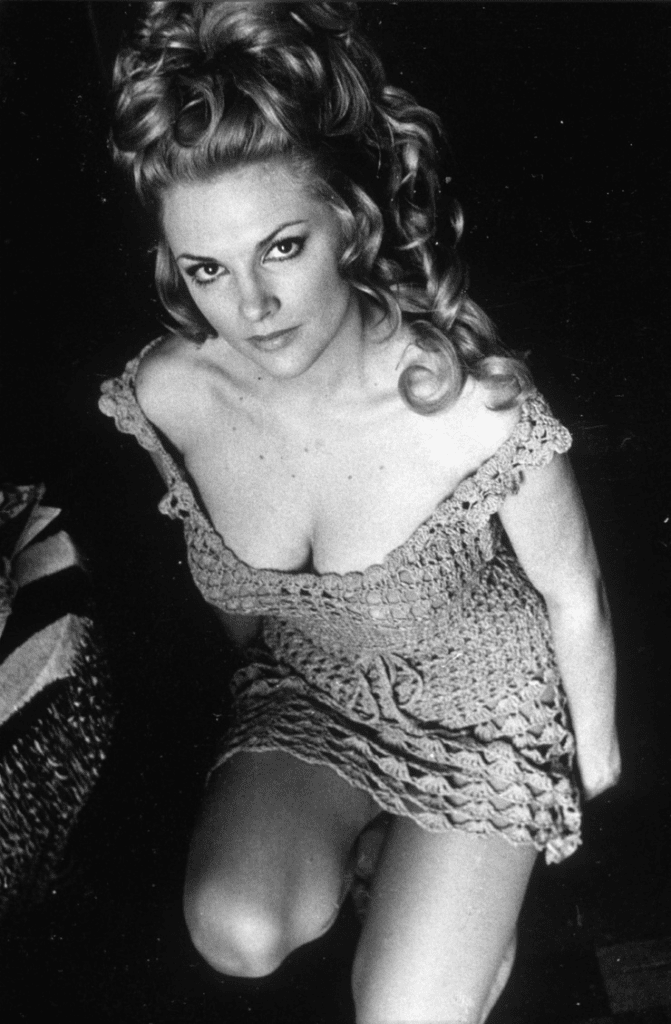
A Galaxy Connection: Trisha in Star Wars
For modern audiences, Trisha Noble holds a special place in pop culture thanks to her connection to the Star Wars universe. She appeared as Jobal Naberrie, the mother of Padmé Amidala, in Star Wars: Episode II – Attack of the Clones (2002) and again in Revenge of the Sith (2005).
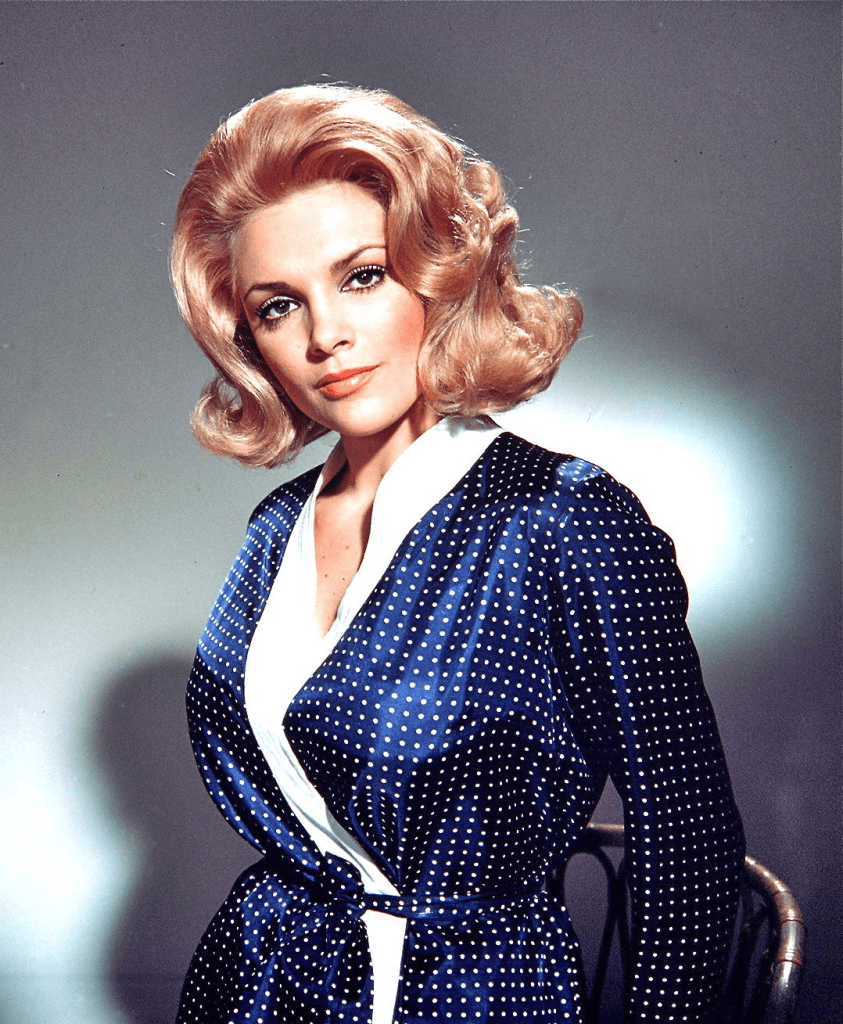
Though her scenes in Attack of the Clones were cut from the theatrical release, they were included in the DVD, giving fans a glimpse of her character. Her presence in such a beloved franchise ensured her recognition among new generations of fans who may not have known her early music or television career.
Video : Trisha Noble
Behind the Fame: Family and Challenges
Trisha Noble’s personal life was as eventful as her professional one. She married several times and was a devoted mother to her son, Patrick. Family ties often guided her decisions, including her return to Australia in the 1980s to care for her father.
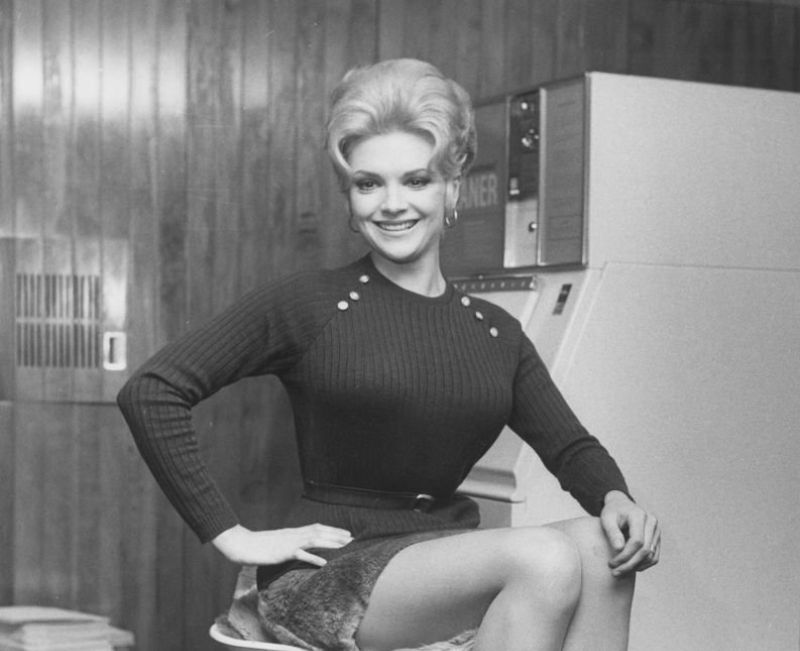
Her life wasn’t without struggles. In 2019, she was diagnosed with peritoneal mesothelioma, a rare cancer often linked to asbestos exposure. Despite her fierce spirit and determination, she passed away on January 23, 2021, at the age of 76.
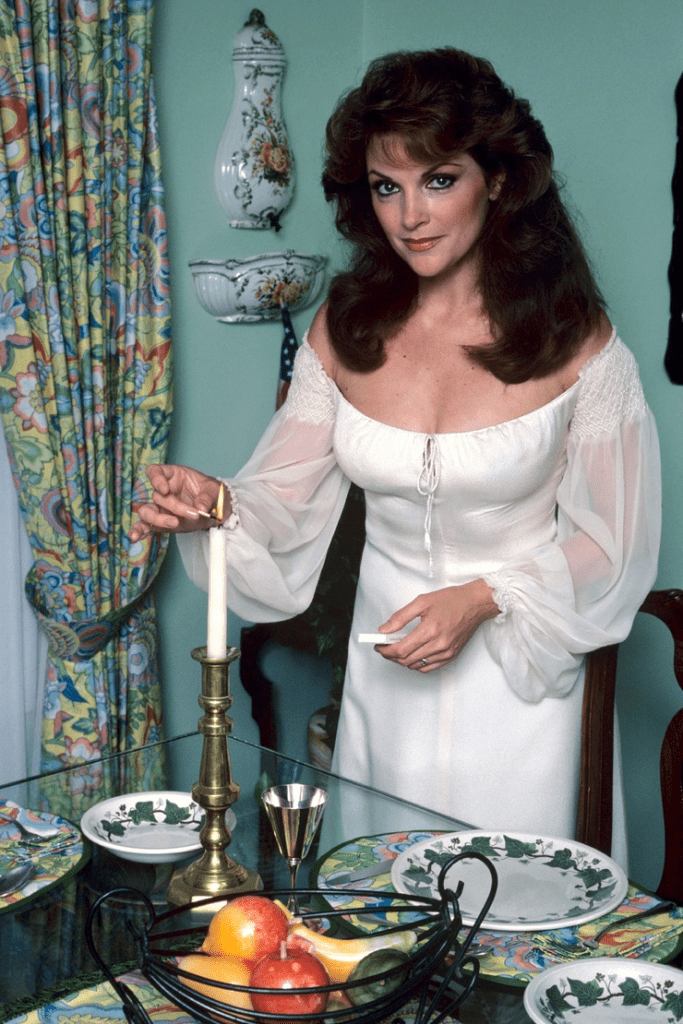
Why Trisha Noble Still Matters in 2025
Even though she’s no longer with us, Trisha Noble’s legacy burns bright in 2025. Fans continue to celebrate her music, watch her TV appearances, and honor her memory through online tributes. On her birthday each February, admirers flood social media with clips of her early performances and stills from her film and TV roles.
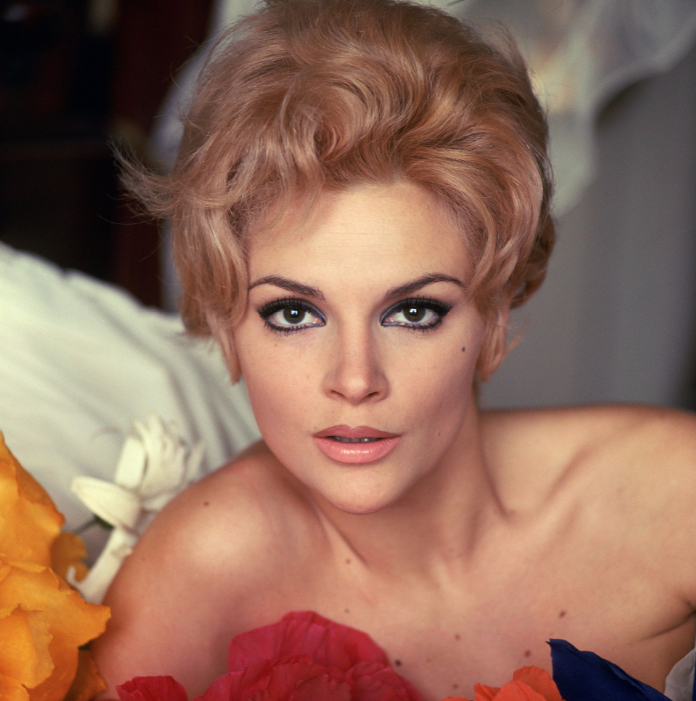
Younger audiences discovering her work see more than just a “1960s pop star” or “TV actress.” They see a trailblazer—a woman who wasn’t afraid to reinvent herself, take risks, and cross international borders to chase her dreams.

Conclusion: The Mischievous Spark That Never Faded
From Sydney’s stages to Hollywood sets, from Patsy Ann Noble the singer to Trisha Noble the actress, her story is one of courage, adaptability, and timeless charm. With mischievous eyes, endless legs, and a voice that once defined an era, she became much more than a starlet—she became an icon.
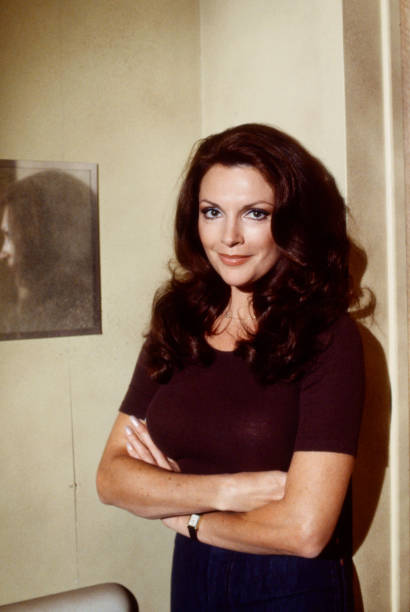
Even now, her career feels like a reminder that reinvention is possible, that beauty is more than skin deep, and that true stars never fade—they simply continue shining in new ways. Trisha Noble remains one of those unforgettable lights, forever cherished and never forgotten.